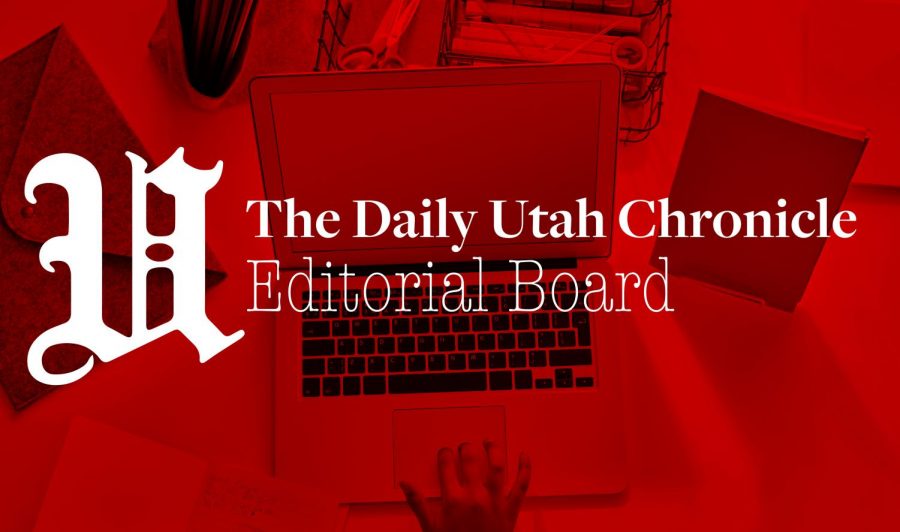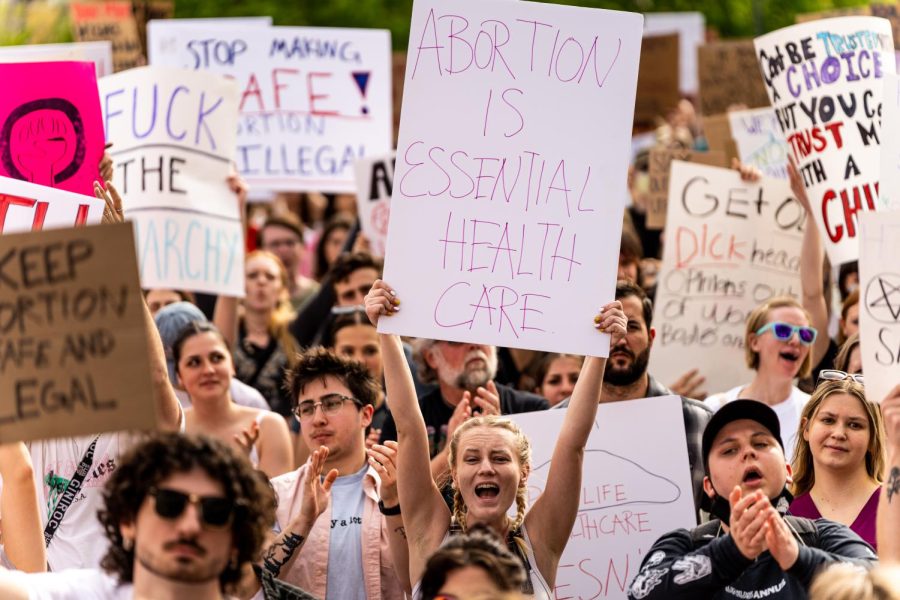Editorial: What Students Expect from the U’s New Leadership
April 23, 2021
Young adults have the power to change the world. As voters, workers and community members, we have a say in whether the future will be one of justice and peace or oppression and anger. But we’re not in control just yet — so the bigger burden falls on our preceding generations. Our politicians, corporate leaders, teachers and school administrators have decision-making power now that will influence our lives and communities forever. So as we say goodbye to University of Utah President Ruth Watkins and welcome a new administration, we need to be clear as the student body about what we expect of the people who oversee our education. And we expect leaders who put U students before everything else.
With students as their top priority, the next president must restore the trust between their office and the student body. The previous administration shattered our trust with the mishandling of Lauren McCluskey’s 2018 murder. Many students at the time felt that the U was failing to protect us, and newcomers afterward have been extremely cautious in placing confidence in the U’s president. Rather than address its faults, the Watkins administration neglected to rebuild what they lost, and instead expected that students would simply forget about any mistakes. But without students’ trust, the new administration risks making the same mistakes as their predecessors.
That means the U’s incoming leader must address the shortcomings of the Watkins administration, not ignore them. By simply acknowledging that there’s work to be done within the U’s leadership system, the doors to a renewed trust can open. But from there, the new administrator needs to actively engage with students — introduce themselves at student orientation, attend campus events and create opportunities for students to get to know their school leaders.
More importantly, our new administration needs to give students real decision-making power over our campus by increasing transparency and conducting student outreach around important decisions. Polling the student body about where we want our tuition money to go and what projects we value would allow the new administration to make decisions without any doubt as to what students prioritize.
There’s also room for improvement in university leaders’ relationship with ASUU. While we know our student leaders have some say in the direction of our campus, most of the student body has only a vague understanding of their relationship with school administration. Sharing the progress that our student-elected ASUU members and our administration make together would likely make students feel more included in decisions and more invested in student leadership, and increase involvement with student government. Students want a safe, equitable and environmentally friendly campus. We want to be changemakers who help create that kind of environment, and we deserve an administration who offers that to us and our representatives.
Finally, the U’s next leader needs to take initiative when it comes to expanding our access to resources on campus. U students have done a lot to strengthen our campus community and help meet each other’s needs. Students created the Pleasure Pack Delivery Service offered by the Center for Student Wellness, which (in non-pandemic times) delivers contraceptives such as condoms and oral dams to students on campus. Students run the FeedU Pantry, which offers students and employees at the U free access food and hygiene products to alleviate food scarcity among our population.
To its credit, the university backs these and other essential student-led projects to make life better on our campus. But it shouldn’t always be on the student body to create programs and resources or identify community needs. While students are finding innovative ways to support each other, the new administration should be just as proactive. It should be their responsibility, not ours, to lead out in creating a safer, more accessible campus for everyone at the U.
The bottom line is that a healthy relationship between the student body and our next team of university leaders, like any healthy relationship, will require listening, power-sharing and follow-through. After a tumultuous three years under Watkins’s leadership, we’re hopeful that teaching, learning and life at the U will improve over the course of this transition. To our new president: please prove us right.
The Daily Utah Chronicle Editorial Board is a group of senior opinion journalists who rely on research and debate to write staff editorials. Editorials represent the majority view of the editorial board and are written separately from the newsroom.







